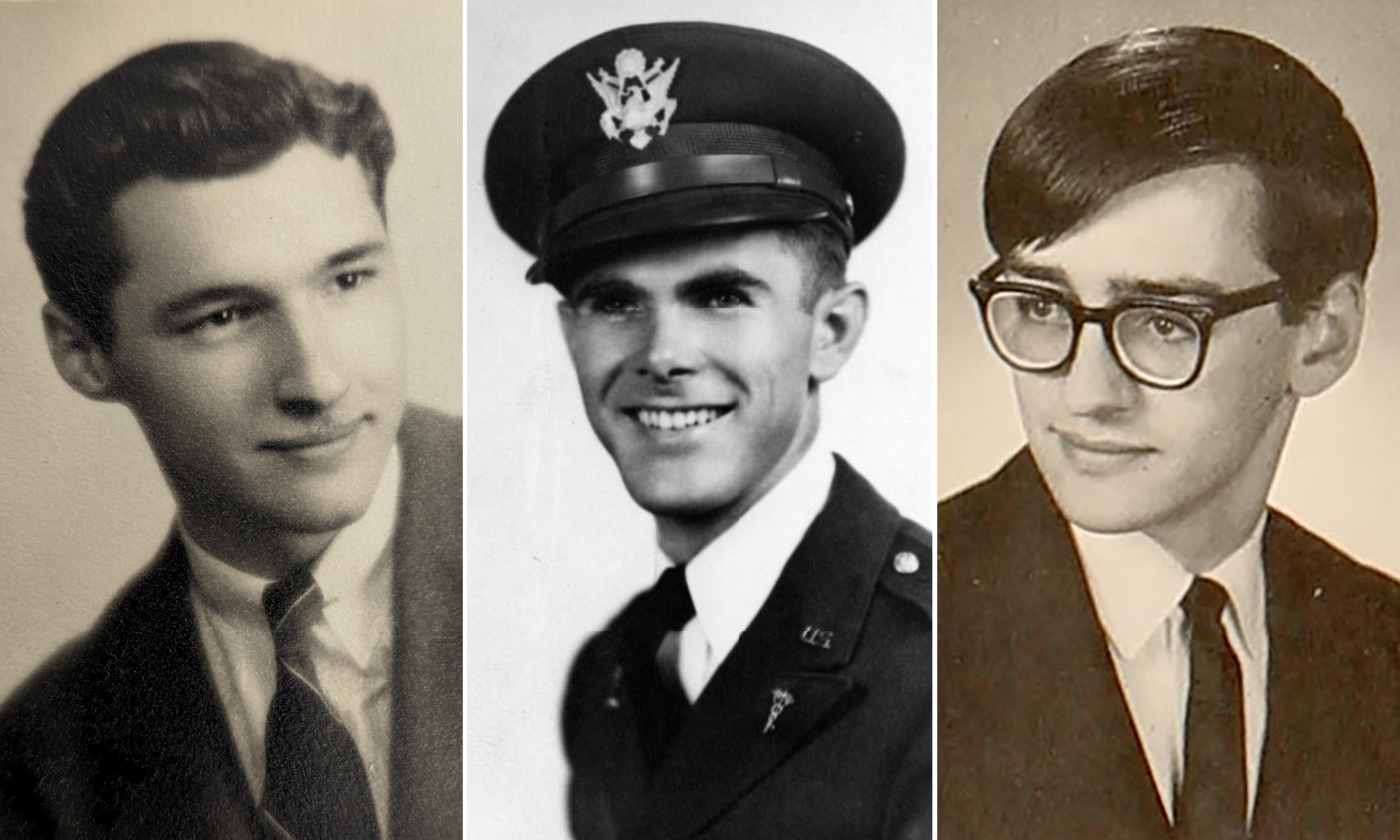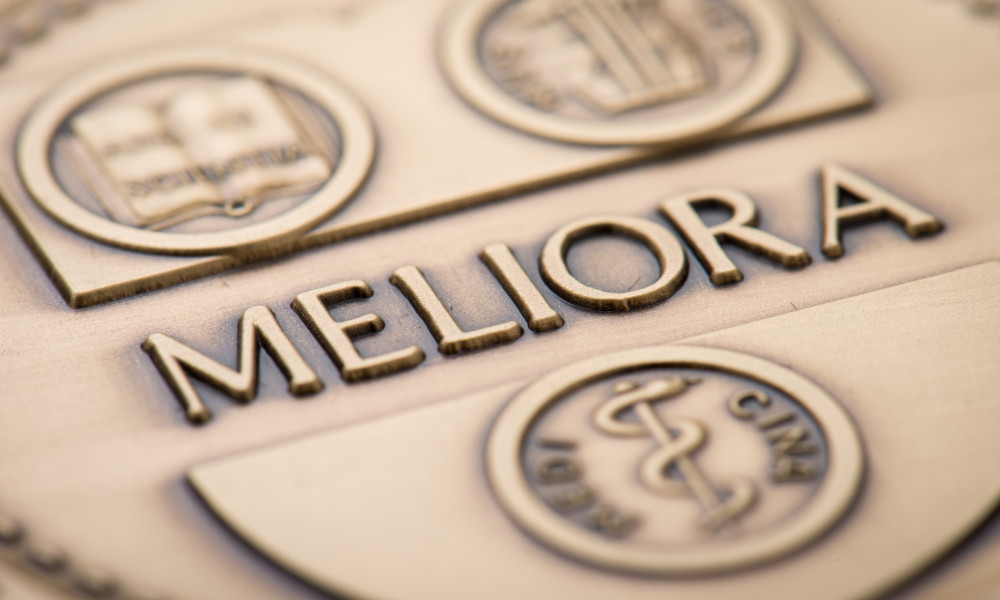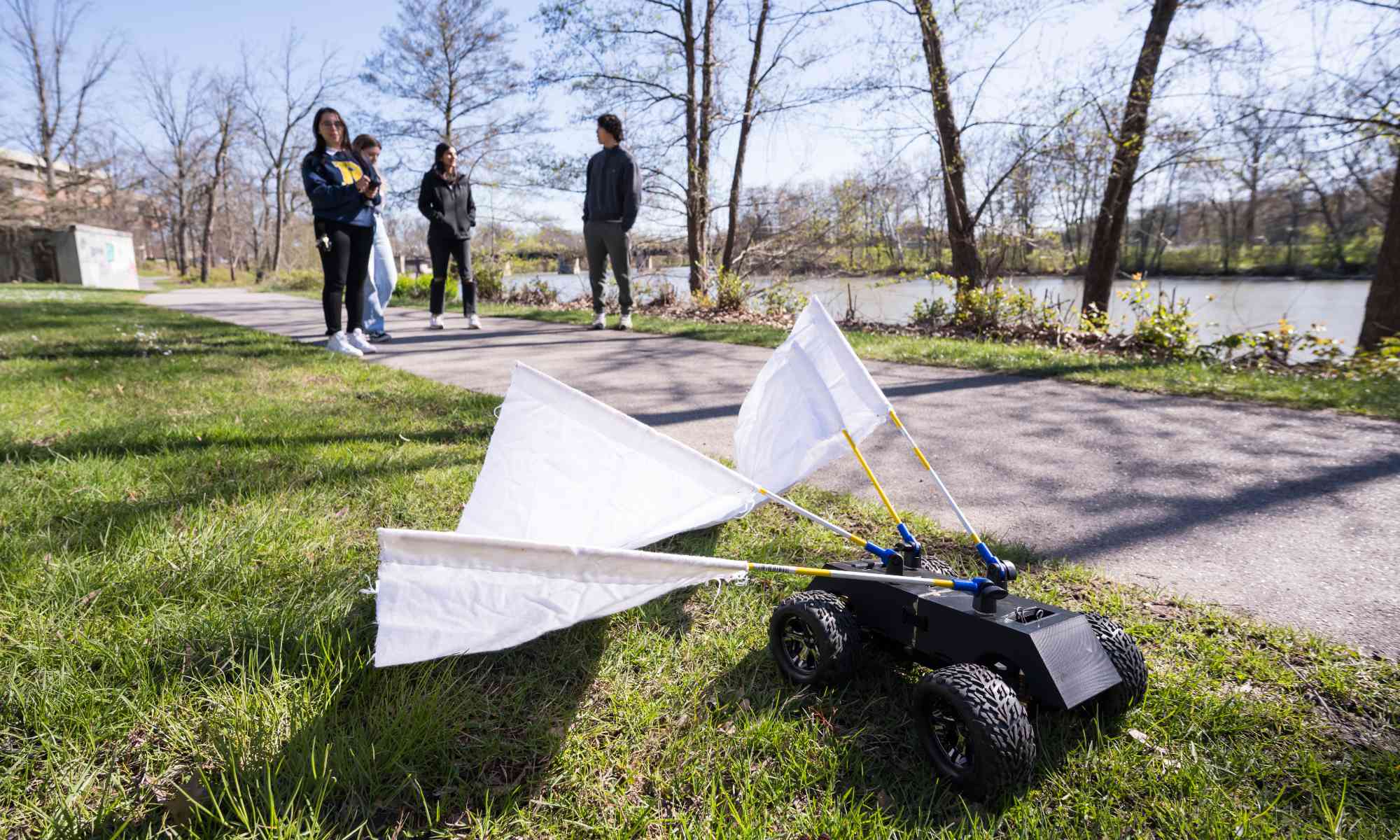
When Juan Bernardo Tobar ’15 looked at the course list for the University’s new digital media studies major, it “was as if I had handpicked all the courses myself.”
And when he read about the new fabrication center, or “fab lab,” that will be incorporated in the new Ronald Rettner Hall for Media Arts and Innovation, which is scheduled to open in fall 2013, “I couldn’t keep my face from smiling,” Tobar says. “I felt as if all of this fit perfectly with me.”
Emphasizing a multidisciplinary approach, the new major is unusual in combining the study and application of technical skills in digital engineering, production, and innovation with humanistic disciplines of art, critical analysis, and history. The goal is to provide the broad perspective of a grounding in the liberal arts for the 21st century.
Approved earlier this year, digital media studies is one of two new majors focused on new technology. The other is a new major in audio and music engineering (see story above).
“What we’re doing is addressing the fact that digital media are going to represent the new literacy for the 21st century,” says Tom DiPiero, dean for humanities and interdisciplinary studies. “That doesn’t mean that everybody has to be a whiz-bang, whiz-kid web designer. But it does mean that in future employment possibilities, in the future of academia, of writing, more and more of the kinds of language, the kinds of thinking that we produce are going to be tied to these forms of digital media.”
During the first three years of the digital media program, which leads to a BA degree, students will work collaboratively, have exposure to video production and multiple career paths, and, by spring of their junior year, devise a capstone project. During their final year they will plan the patents, copyrights, licensing, and budgets, then design, test, and deliver a final product.
“The capstone project is probably what I found most stimulating of all of this,” Tobar says. He already has a project in mind: an “Internet platform where producers, musicians, artists, and lawyers, —everyone involved in the creation of an album—can get together and form a project that would be funded on the same place. A sort of Kickstarter.com, but specifically for the creation of albums, a sort of thing that would revolutionize the record label industry.”
He’s not thinking of a degree simply as a way to get a job. “I see the degree as a collection of tools, and I believe the digital media studies curriculum is filled with tools which will arm me to leave college and generate jobs, to become an innovative entrepreneur.”
For additional information, including course requirements, go to www.rochester.edu/college/msc/digitalmedia.html.



